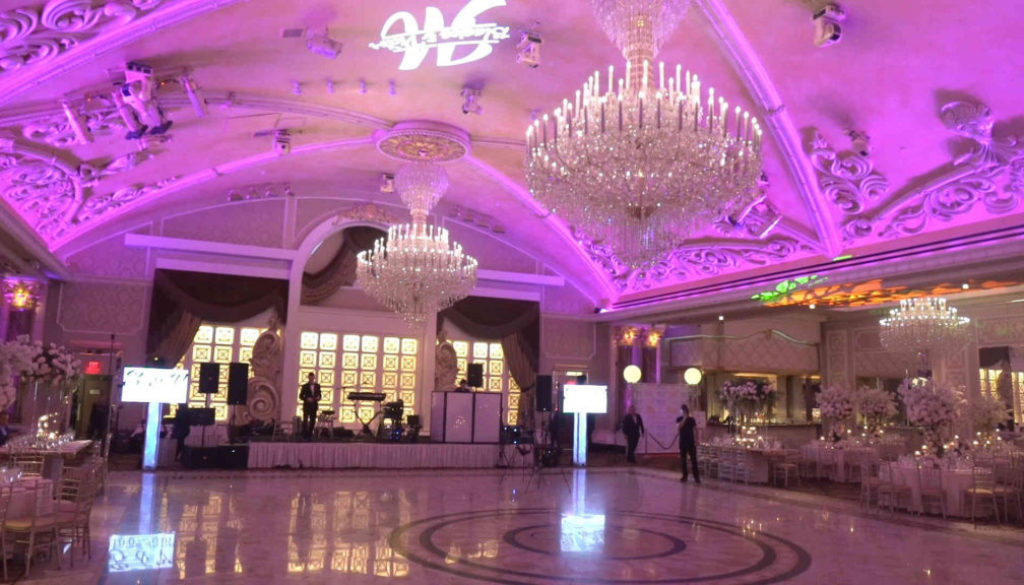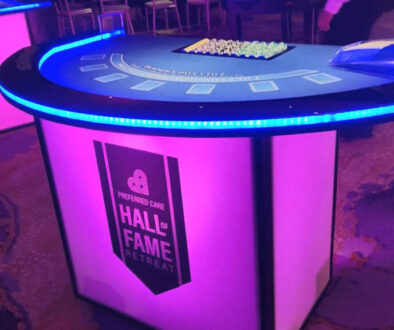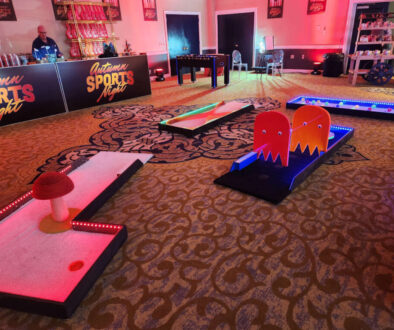The Definitive Guide to Event Planning
THE DEFINITIVE GUIDE TO PLANNING PRIVATE EVENTS
In this guide we want to share the process we use to plan and execute private events. Over the years we have learned that no matter the size or scale of an event, event planning is a large undertaking that requires a lot of preparation and organization. Planning an event requires the planner to consider many things to ensure that an event comes off without a hitch. Our first order of business is to always begin the preparation process as early as possible. We begin planning each event by setting clearly defined goals, objectives and timelines to better our chances of not running into problems, as our events near. When possible, we try to plan our events 6-12 months in advance. While this is not always feasible, we try to get as big a head start as possible.
WHAT IS EVENT PLANNING?
In this guide we want to share the process we use to plan and execute private events. Over the years we have learned that no matter the size or scale of an event, event planning is a large undertaking that requires a lot of preparation and organization. Planning an event requires the planner to consider many things to ensure that an event comes off without a hitch. Our first order of business is to always begin the preparation process as early as possible. We begin planning each event by setting clearly defined goals, objectives and timelines to better our chances of not running into problems, as our events near. When possible, we try to plan our events 6-12 months in advance. While this is not always feasible, we try to get as big a head start as possible.
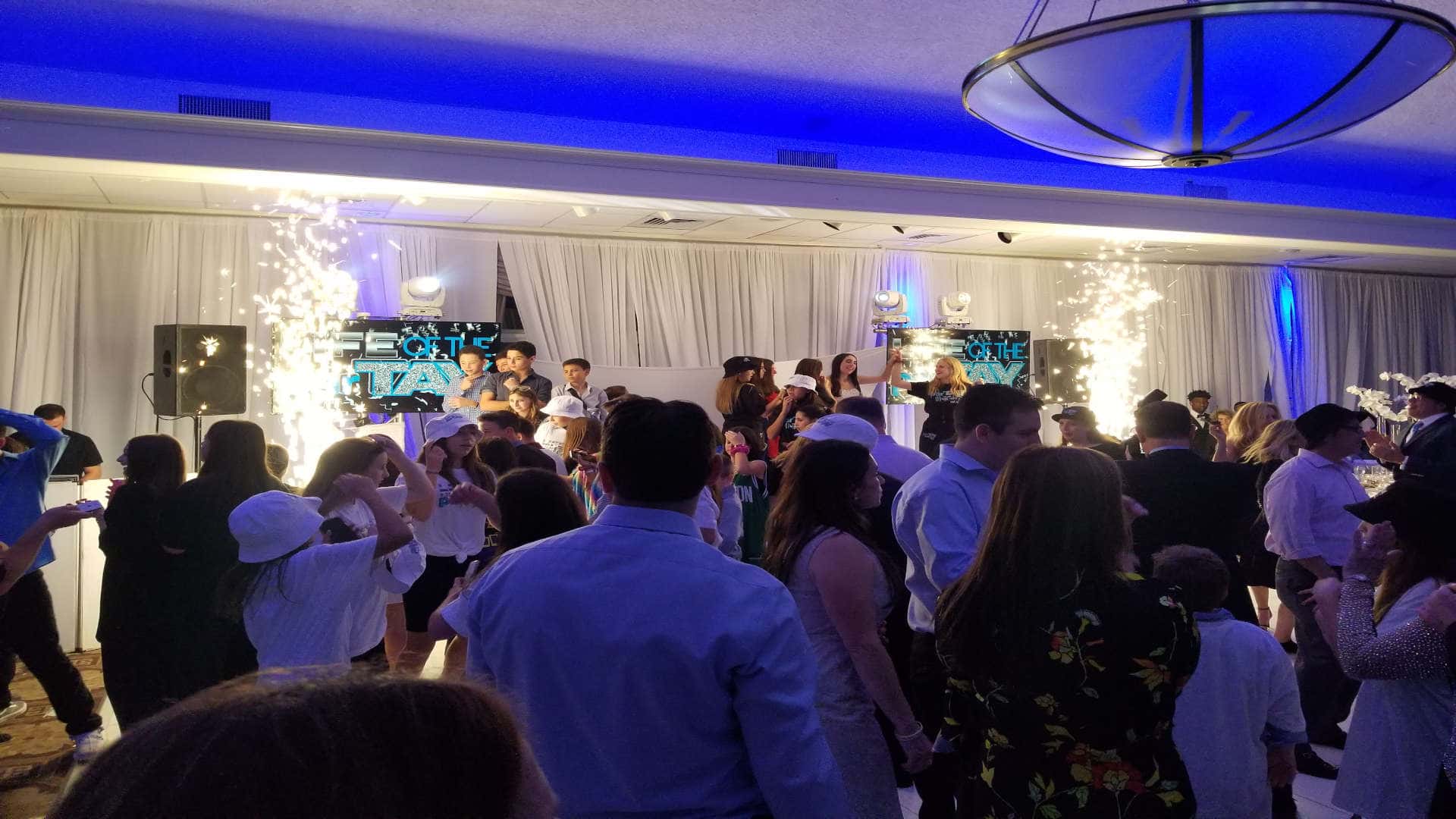
TYPES OF EVENTS
We like to divide events into four different categories- Private Events, Corporate Events, College Events and Fund Raisers. One thing remains common when planning for any of these event types. That is, there are many moving parts and much to consider. In this guide, we will be focusing on private events such as Sweet 16’s, Mitzvahs and Weddings to name a few. Our primary goal with any event is to provide our clients with an amazing ambiance, wonderful venue, excellent food and beverages as well as fun and excitement through entertainment and interactivity.
SET GOALS AND OBJECTIVES
You’ll first want to meet with your client to define the objectives and goals for their event prior to setting a date. Goals and objectives will be defined by the event type. For instance the goal might be to throw the most over the top Mitzvah that has ever been had or to hold an extravagant holiday party for employees and staff. For corporate and college events it may be reaching a specific sales number or attendance level. The goal of a Fund Raiser is typically to raise a certain amount of money or create awareness of a cause.
With whatever the goal, we like to have our clients begin thinking about number of attendees, theme, venue types, food choices, entertainment and logistics. You’ll also want to gather all of the pertinent details that will define a success event for your client.
EVENT PLANNING PREPARATION
Although no two events are identical, there is a process that can be adhered to when planning any type of event. Having a well organized and finely tuned process will eliminate the chances for errors and missteps. The first thing you’ll want to do is get yourself a detailed Event Planning Checklist which an easily be found online. We like to start by defining our event type, theme, size, duration, date and budget. Gathering this Information upfront will help determine what type of venue, food and entertainment will be best suited within the given budget. Since we have orchestrated many events in the past, we often refer to past data to help us plan future events. If you’re just starting out, you’ll want to make sure you account for every possible detail and scenario to not run into a budget shortfall.
ESTABLISH A CALENDAR
There are important dates that you’ll want to keep yourself and those involved your planning process accountable for. Final head counts for menu, attendee RSVP dates, payment due dates and others. Having a calendar to stick by for getting things done will make the process go easier and more smoothly.
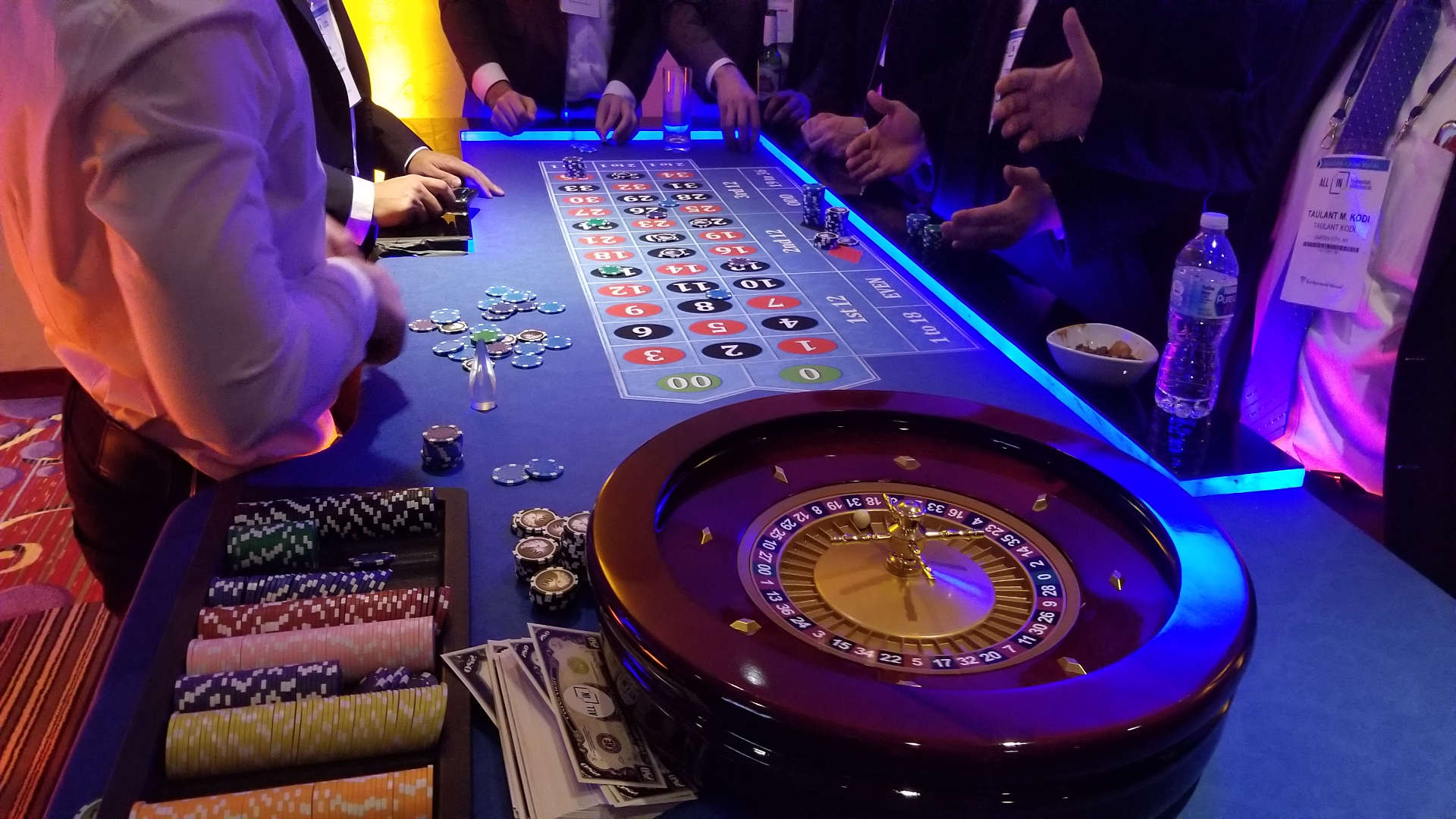
DECIDING ON A THEME
The goals and objectives of an event can help with theme decision. Choice of theme will oftentimes impact decor, meals, entertainment and even more. Themes also play a part in venue selection and will help you determine your needs for a space. Your honoree should be very involved in picking the theme for the party; after all, It is their big day. Some of our favorites include: Great Gatsby, Escape Rooms, Luaus, Carnival, Circus, Oktoberfest, Mardi Gras, Disco, Casino, Masquerade, 80’s, Medieval, Roaring 20’s, Red Carpet, Hollywood, Winter Wonderland, Star Wars, Black Tie, Grease, Christmas and Disney to name a few.
SETTING A BUDGET
You should have a pretty good idea as to what things cost before you set your event’s budget. You’ll want to do this to be sure you have enough money not only to cover cost, but to also generate a solid return. It’s always a good idea to start with an event checklist and price everything out first. You’ll want to do this even before you consult with your client to be sure that your quote accounts for every possible detail. Your client’s budget is going to determine everything surrounding the event from the theme, venue, entertainment and food. Having a clear idea as to what things cost will help to make your life as a planner much easier. No matter the size of an event, it is important to know how every dollar is allocated. Knowing what things cost upfront will allow you to better quote your clients and also give you a better sense of what your ROI will be.
DETERMINING A DATE
When meeting with clients you’ll want to come up with several dates and this is especially true if your event is less than a year away. You can never be sure that the venues that meet the client’s criteria will be available for any specific day. Additionally, you cannot be sure as to whether certain entertainers, caterers or vendors are book for a specific date as well. Deciding on a date early will also give plenty of time to notify guests and have them plan for the big day. One thing that you’ll also want to keep in mind when choosing a date is to be cognizant of holidays and other events that could get in the way. No one wants to end up with a low attendance event because none of the guests could make it due to scheduling. Remember to always have a one if not two back up dates available to help smooth things along.
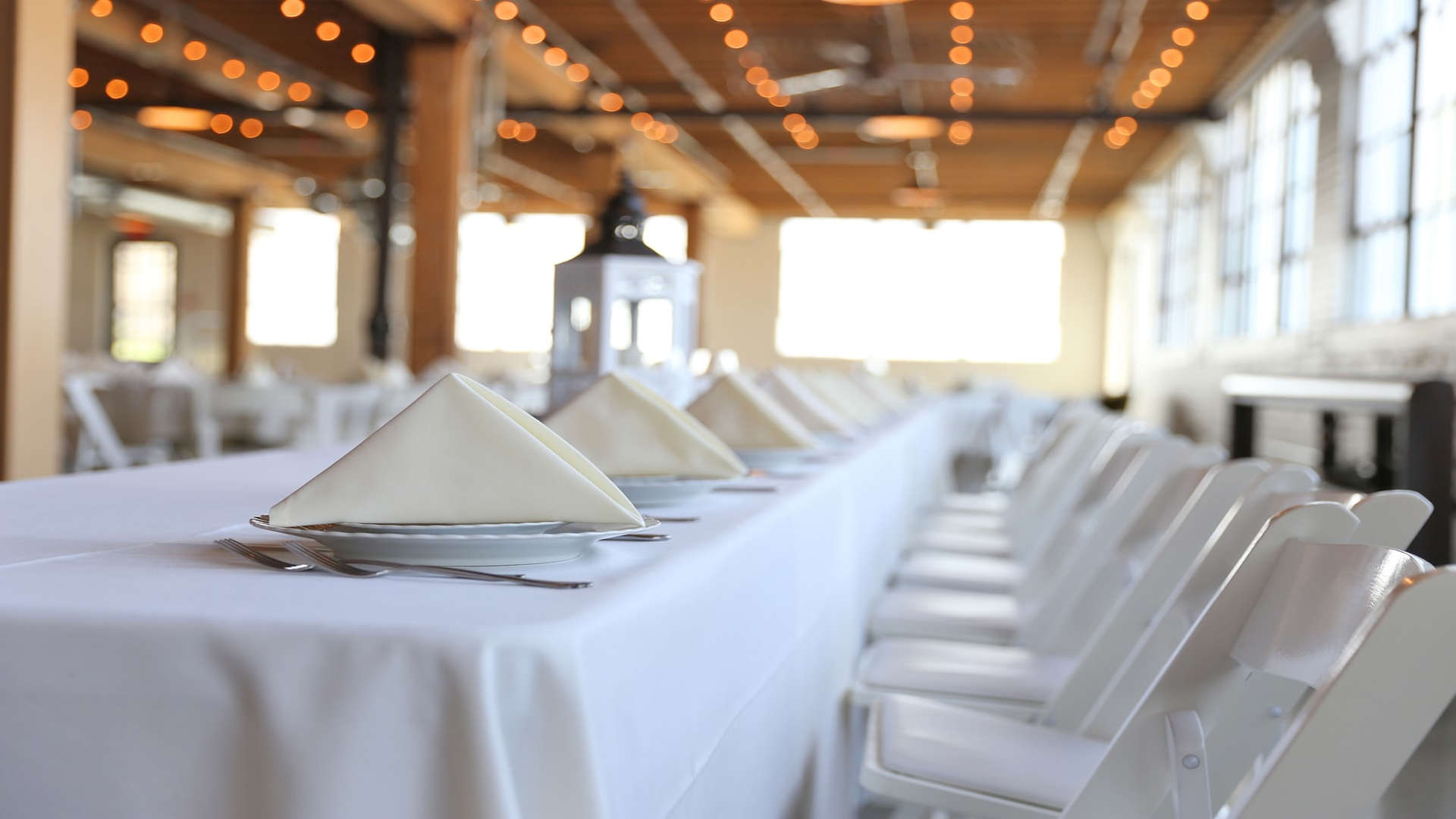
CHOOSING VENDORS
Finding the right vendors to work with is hugely important as their work will be a direct reflection on you and your event planning company. The first step will be determining your needs. Depending on your talents there might be certain things that you are able to do yourself. This will help lessen your overall cost and improve ROI. First figure out exactly what it is that you need from each vendor. Is it lighting, tables, chairs, chair covers or floral arrangements? The list can easily go on and on. Like almost everything, start with a Google Search for vendors in the area of your event. Create list based on their reviews before reaching out to them directly. From here you will want to find out which ones are available for your date and their cost. Be sure to get multiple quotes from each category. Remember not to let price be the lone factor in deciding who you choose to use. Also be sure that each quote does not contain any additional charges.
CHOOSING A MENU
Food and beverage cost can be another large budgetary item. Many venues especially restaurants require the use of their in-house menus or preferred caterers. While not always a bad thing, it can be a problem should you be in need of a menu items that the venue does not provide. This is why it is critical to be aware of a venue’s vendor policy should you need the flexibility to work with the caterer of your choice.
Outside of the client’s specific request or needs, we suggest including finger foods and foods that can be eaten by hand. Event guest like to move around and mingle with other guest, so you’ll want to have foods that they can eat while on their feet. Before fully committing the menu, be sure that both your client and the caterer are on the same page and get final approval of the menu.
CHOOSING ENTERTAINMENT
Choosing the right entertainment for your event is one of the most important aspects of planning. Before deciding on whether to include interactive games, Photo booths, DJs or caricaturists, consider your audience. Not only do you want to consider how well these will go over, but you’ll also want to consider their cost. Entertainment is one of those things that can make a good event great and also break your budget as well. Nailing this portion of the planning process always has a huge impact on the overall success of an event. Just like with venue and menu selection, check on availability and be sure to get several quotes.
EVENT AGENDA
Most events will have some sort of timeline to abide by and having an agenda for your event will certainly help things to run more smoothly. Your agenda will depend on the activities you have planned. Some to consider include cocktail hour, special dances, speeches, sit-down dinners, video montages and other activities. Things don’t always go as planned and it’s important to be able to adapt to changes on the fly. If your event is less formal and more interactive, you won’t need as rigid of a schedule, but you’ll still want to be mindful of time.
PROMOTING PRIVATE EVENTS
Private events usually don’t require much in the way of promotion as do corporate events, college events or fund raisers. Besides preparing and sending out physical invitations on behalf of the client there isn’t much to do. Oftentimes clients will send out RSVP’s and reminders to their guest to get confirmation of attendance. One great way to also do this is through social media. Facebook event is a great way to their event top of mind with family and friends.
EVENT SUCCESS
Determining your event’s success will depend on the enjoyment of attendees. Before the night is through we can always tell if the event was a hot or not. Providing you budgeted accordingly and there are no surprise payments due, your event should have been a huge success. It’s always a good idea to reflect on ways to improve for your next event and then implement those changes that might save you money or provide a better experience.
If you have questions or are in need of help in planning your next event or party, contact us today. support@royalentertainmentus.com or (973) 826-7011. We service New Jersey, New York and Connecticut.
